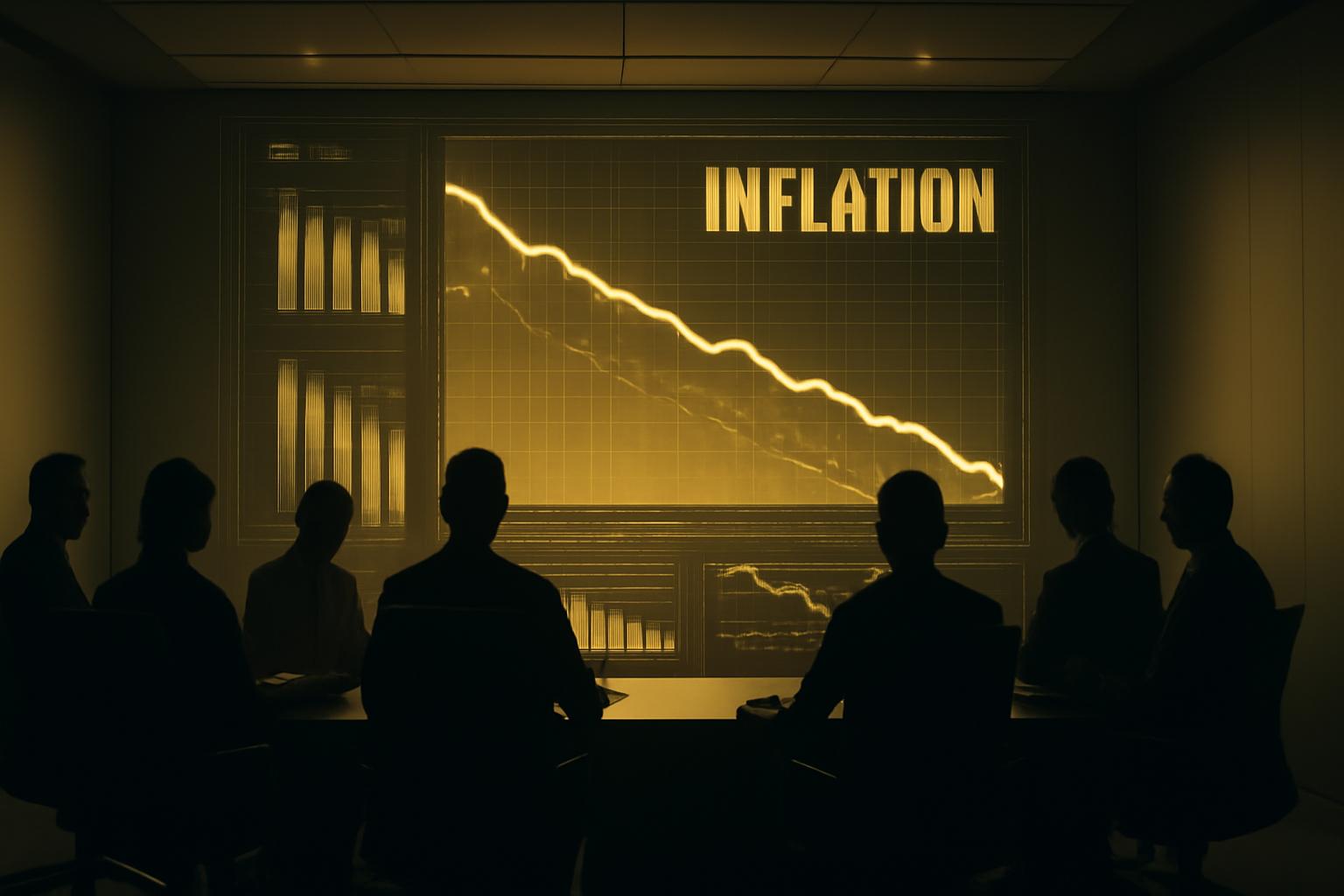Bank of Japan Maintains Policy Rate as Inflation Slows
The Bank of Japan (BOJ) opted to keep its policy interest rate unchanged at 0.5% on Friday, aligning with forecasts from a Reuters poll of economists. This decision comes as Japan’s core inflation rate declined to 2.7% in August, marking the lowest reading since November 2024 and representing the third consecutive month of deceleration.
Inflation Trends Reflect Mixed Economic Signals
Core inflation, which excludes fresh food prices, matched economists’ expectations at 2.7%. Meanwhile, headline inflation also dropped to 2.7% from 3.1% in July, hitting a fresh low since late 2024. The BOJ closely monitors the “core-core” inflation metric—which excludes both fresh food and energy prices—and this figure dipped slightly to 3.3% from 3.4% the previous month.
Notably, rice inflation, a significant contributor to Japan’s ongoing cost-of-living pressures, eased sharply to 69.7% in August from 90.7% in July, though it remains at historically elevated levels.
BOJ’s Deliberate Stance Amid Inflation Dynamics and Internal Dissent
The central bank’s policy statement highlighted a moderate rise in inflation expectations, with core inflation hovering between 2.5% and 3%. The BOJ anticipates that the impact of rising food prices, especially rice, will diminish over time.
The decision to maintain rates was passed by a 7-2 majority, with two members dissenting and advocating for an increase to 0.75%. This split underscores internal debate as inflation remains above the BOJ’s 2% target for over three years.
Market and Economic Implications
Hiroaki Amemiya, Investment Director at Capital Group, noted that the BOJ’s cautious approach reflects a preference for stability amid slowing inflation and global uncertainty. Unlike central banks in the US and Europe, which are easing rates as inflation declines, Japan’s monetary policy supports a reflationary environment given its unique macroeconomic context.
Amemiya anticipates a stronger yen as interest rate differentials narrow, potentially boosting Japan’s purchasing power and domestic demand. He also highlighted structural factors such as corporate governance reforms, rising wages, and increased capital expenditure as drivers of domestic consumption and productivity. He recommends investors consider sectors like industrials, manufacturing, and automobiles, which are well-positioned to navigate trade challenges and benefit from global supply chain realignments.
Calls for Rate Hikes Amid Persistent Inflation
Despite the BOJ’s current stance, pressure is mounting for rate increases. HSBC analysts pointed out that elevated inflationary pressures, especially from sustained high rice prices, are intensifying calls for monetary tightening. Senior Liberal Democratic Party member Taro Kono warned that delaying rate hikes could perpetuate inflation and raise import costs.
Conversely, Junyu Tan, economist at Coface, argued that headline inflation is heavily influenced by supply constraints and external factors such as a weak yen and commodity price fluctuations. He emphasized that key domestic demand indicators, particularly service sector price growth, remain subdued and insufficient to prompt a decisive policy shift from the BOJ.
FinOracleAI — Market View
The BOJ’s decision to hold rates steady amid falling core inflation and internal dissent signals a cautious approach prioritizing economic stability over rapid tightening. The persistent above-target inflation, driven largely by food prices and external factors, creates uncertainty around future policy moves. Investors should monitor inflation trends, especially in services, and BOJ communications for signs of a potential shift.
Impact: neutral













